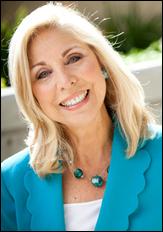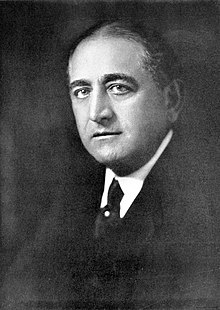As
the semester has progressed and my understanding has increased, my definition
of a journalist has changed—and rightfully so, I think. Originally, I thought
journalism was an avenue for someone to relay information as the public wants
it. I have come to the understanding know that journalism is the avenue for someone
to relay information as the public needs it.
I have come to learn that a
journalist serves the citizen, and the citizen only. A journalist does not
serve the news company, the media or big corporations. Rather, a journalist has
an eye out for the public. This then creates a relationship of trust between
the citizen and the journalist because the journalist listens to and cares for
the people, and then relays information as it would best serve the people.
I have also realized the importance
of a journalist empowering the public to come to a conclusion themselves. While
the facts, figures and storylines are presented, it is up to the citizen to put
the pieces together and create opinions and conclusions. A journalist thus, is
empowering the citizen to develop opinions themselves.
This is all then encased in the
tactful usage of a journalist’s personal morals. Innately a journalist houses
experiences, opinions, standards and ideologies that affect his or her writing.
A journalist is not supposed to not have these innate qualities, yet, a
journalist is supposed to be able to not allow those qualities seep into the
writing in a persuasive or influential way.
All in all, I find journalism to be
the sharing of information as it best serves the citizen, and for that purpose
only. This article agrees with this idea as it states journalism to be a "public good."
http://stearns.wordpress.com/2011/12/09/journalism-as-a-service-not-a-product/
Like this journalist on the front line and many others, journalism is merely a service to the citizens.













